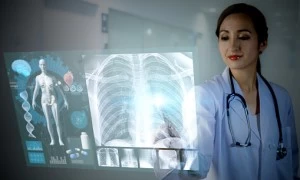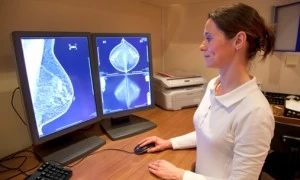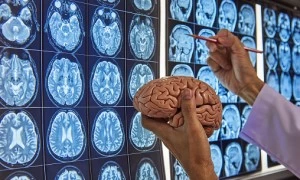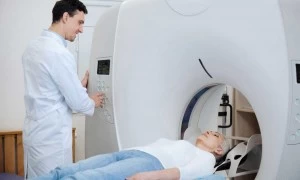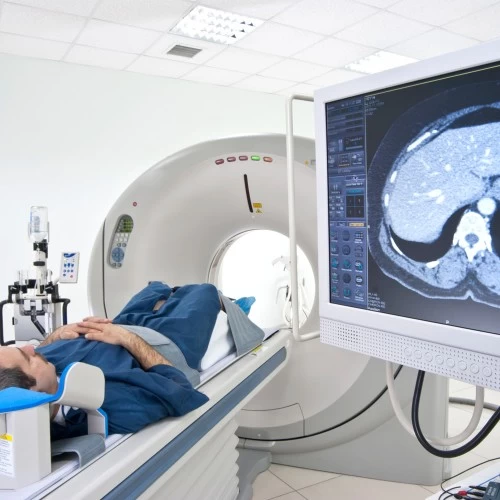Men's Health Interventional
What is Men's Health Interventional?
Midwest Radiology offers a wide range of services to help patients of all genders and gender identities achieve optimal health for prostate conditions, infertility and other conditions affecting the male genital and reproductive organs. Our compassionate care team will guide you through the process, from routine diagnostic exams to in-depth consultations and treatments. Our specialists can treat a wide range of conditions affecting the reproductive organs through minimally invasive image-guided treatments without the side-effects or long recovery usually associated with surgery.
What Men's Health Conditions Does Midwest Radiology Treat?
Midwest Radiology Vascular and Interventional Radiologists use advanced imaging techniques to help diagnose and treat health conditions, including:
Benign Prostatic Hyperplasia
Benign prostatic hypertrophy (BPH) is the enlargement of the prostate. This condition can significantly impact a man’s quality of life. Signs you may have BPH include difficulty urinating or urinating at a frequency that impacts your daily life.
Infertility Due to Varicoceles
A varicocele is an enlargement of veins within the scrotum (the loose pouch of skin that holds the testicles). Pooling of blood in these veins causes them to enlarge, possibly damaging the testicles and decreasing fertility. Symptoms of varicocele can include enlargement of veins in the scrotum, dull ache or pain in the scrotum.
How do Interventional Radiologists Treat Men’s Health Issues?
Interventional radiology is a safe, nonsurgical option for men experiencing an abnormal enlargement of the prostate or the veins in their scrotum. During interventional radiology procedures, our board-certified interventional radiologists are able to diagnose and treat urological and reproductive disorders in men using advanced imaging to guide treatment via a small tube called a catheter. Because the procedures do not require large incisions, interventional radiology is a safer—and, at times, more effective—alternative to open surgery. In addition, most patients are treated and discharged within the same day, getting them back to their lives as quickly as possible.
Interventional radiologists may treat an enlarged prostate, and alleviate its worrisome symptoms, by blocking blood flow to the prostate (causing it to shrink), using a technique called embolization. They also use the same technique to reduce the swelling and pain associated with enlarged veins in the scrotum called varicoceles. From resolving urinary flow problems to improving infertility, our doctors are recognized regionally and nationally as leaders in interventional radiology for men’s health.
Why Choose Midwest Radiology?
Our physicians offer personalized care, and highly specialized interventional services using state-of-the-art equipment in a compassionate, caring environment. We tailor your treatment to your medical history, lifestyle and wellness goals. We are especially skilled in minimally invasive procedures, which eliminate the need for open surgery and allow for shorter and less painful recovery times. As a patient, you will receive around-the-clock coverage, as well as access to in-person, video or phone consultations. We strive to get our patients in quickly with minimal wait time.
Midwest Radiology is a leader in the field of interventional radiology, with a long tradition of expertise, innovation and leadership. You'll have access to a network of doctors and specialists. Often, we work as part of a team of specialists, which may include radiologists, urologists, oncologists or other specialists, ensuring that you receive the most expert and comprehensive treatment possible.







































